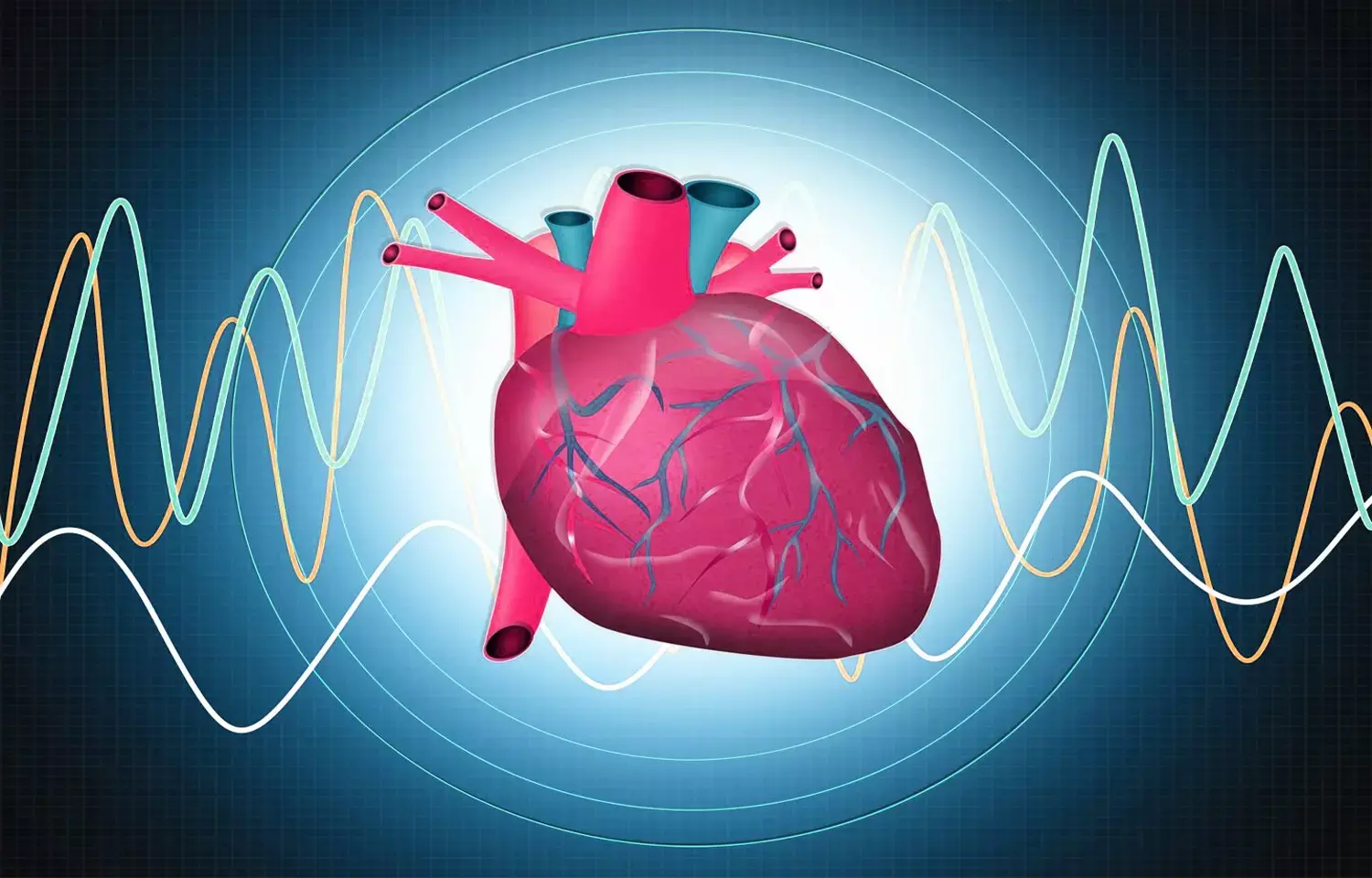- Home
- Medical news & Guidelines
- Anesthesiology
- Cardiology and CTVS
- Critical Care
- Dentistry
- Dermatology
- Diabetes and Endocrinology
- ENT
- Gastroenterology
- Medicine
- Nephrology
- Neurology
- Obstretics-Gynaecology
- Oncology
- Ophthalmology
- Orthopaedics
- Pediatrics-Neonatology
- Psychiatry
- Pulmonology
- Radiology
- Surgery
- Urology
- Laboratory Medicine
- Diet
- Nursing
- Paramedical
- Physiotherapy
- Health news
- Fact Check
- Bone Health Fact Check
- Brain Health Fact Check
- Cancer Related Fact Check
- Child Care Fact Check
- Dental and oral health fact check
- Diabetes and metabolic health fact check
- Diet and Nutrition Fact Check
- Eye and ENT Care Fact Check
- Fitness fact check
- Gut health fact check
- Heart health fact check
- Kidney health fact check
- Medical education fact check
- Men's health fact check
- Respiratory fact check
- Skin and hair care fact check
- Vaccine and Immunization fact check
- Women's health fact check
- AYUSH
- State News
- Andaman and Nicobar Islands
- Andhra Pradesh
- Arunachal Pradesh
- Assam
- Bihar
- Chandigarh
- Chattisgarh
- Dadra and Nagar Haveli
- Daman and Diu
- Delhi
- Goa
- Gujarat
- Haryana
- Himachal Pradesh
- Jammu & Kashmir
- Jharkhand
- Karnataka
- Kerala
- Ladakh
- Lakshadweep
- Madhya Pradesh
- Maharashtra
- Manipur
- Meghalaya
- Mizoram
- Nagaland
- Odisha
- Puducherry
- Punjab
- Rajasthan
- Sikkim
- Tamil Nadu
- Telangana
- Tripura
- Uttar Pradesh
- Uttrakhand
- West Bengal
- Medical Education
- Industry
AI tool can measure fat around the heart and predict diabetes risk: Study

CAPTION
Novel biomarkers predict the development of incident heart failure.
CREDIT
MostPhotos/Rossella Apostoli.
This novel tool has high utility for future research and, if clinical utility is demonstrated, may be applied in clinical practice to improve patient care.
UK: A new artificial intelligence (AI) tool is developed by researchers from the Queen Mary University of London that is able to automatically measure the amount of fat around the heart from MRI scan images.
Using the new tool, the researchers showed that a larger amount of fat around the heart is associated with significantly greater odds of diabetes, independent of a person's age, sex, and body mass index.
The research is published in the journal Frontiers in Cardiovascular Medicine and is the result of funding from the CAP-AI programme, which is led by Barts Life Sciences, a research and innovation partnership between Queen Mary University of London and Barts Health NHS Trust.
The distribution of fat in the body can influence a person's risk of developing various diseases. The commonly used measure of body mass index (BMI) mostly reflects fat accumulation under the skin, rather than around the internal organs. In particular, there are suggestions that fat accumulation around the heart may be a predictor of heart disease, and has been linked to a range of conditions, including atrial fibrillation, diabetes, and coronary artery disease.
Lead researcher Dr. Zahra Raisi-Estabragh from the Queen Mary University of London said: "Unfortunately, manual measurement of the amount of fat around the heart is challenging and time-consuming. For this reason, to date, no one has been able to investigate this thoroughly in studies of large groups of people.
"To address this problem, we've invented an AI tool that can be applied to standard heart MRI scans to obtain a measure of the fat around the heart automatically and quickly, in under three seconds. This tool can be used by future researchers to discover more about the links between the fat around the heart and disease risk, but also potentially in the future, as part of a patient's standard care in hospital."
The research team tested the AI algorithm's ability to interpret images from heart MRI scans of more than 45,000 people, including participants in the UK Biobank, a database of health information from over half a million participants from across the UK. The team found that the AI tool was accurately able to determine the amount of fat around the heart in those images, and it was also able to calculate a patient's risk of diabetes.
Dr Andrew Bard from Queen Mary University of London, who led the technical development, added: "The AI tool also includes an in-built method for calculating uncertainty of its own results, so you could say it has an impressive ability to mark its own homework."
Professor Steffen Petersen from the Queen Mary University of London, who supervised the project, said: "This novel tool has high utility for future research and, if clinical utility is demonstrated, may be applied in clinical practice to improve patient care. This work highlights the value of cross-disciplinary collaborations in medical research, particularly within cardiovascular imaging."
Reference:
The study titled, "Automated Quality-Controlled Cardiovascular Magnetic Resonance Pericardial Fat Quantification Using a Convolutional Neural Network in the UK Biobank," is published in the journal Frontiers in Cardiovascular Medicine.
DOI: https://www.frontiersin.org/articles/10.3389/fcvm.2021.677574/full
Hina Zahid Joined Medical Dialogue in 2017 with a passion to work as a Reporter. She coordinates with various national and international journals and association and covers all the stories related to Medical guidelines, Medical Journals, rare medical surgeries as well as all the updates in the medical field. Email: editorial@medicaldialogues.in. Contact no. 011-43720751
Dr Kamal Kant Kohli-MBBS, DTCD- a chest specialist with more than 30 years of practice and a flair for writing clinical articles, Dr Kamal Kant Kohli joined Medical Dialogues as a Chief Editor of Medical News. Besides writing articles, as an editor, he proofreads and verifies all the medical content published on Medical Dialogues including those coming from journals, studies,medical conferences,guidelines etc. Email: drkohli@medicaldialogues.in. Contact no. 011-43720751


